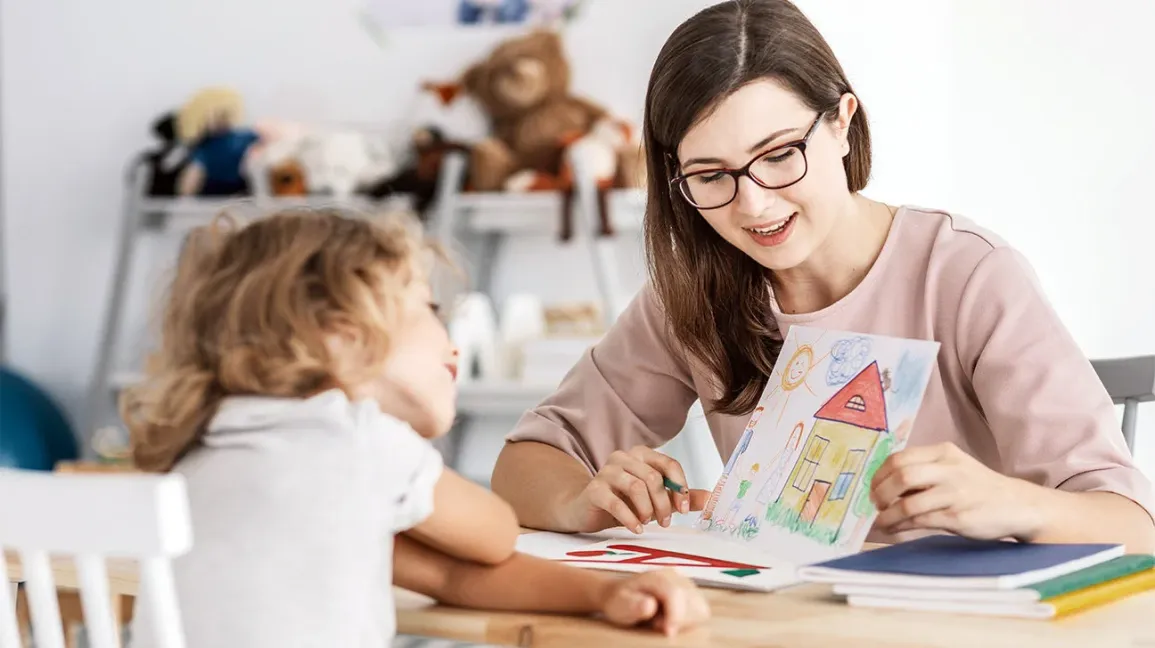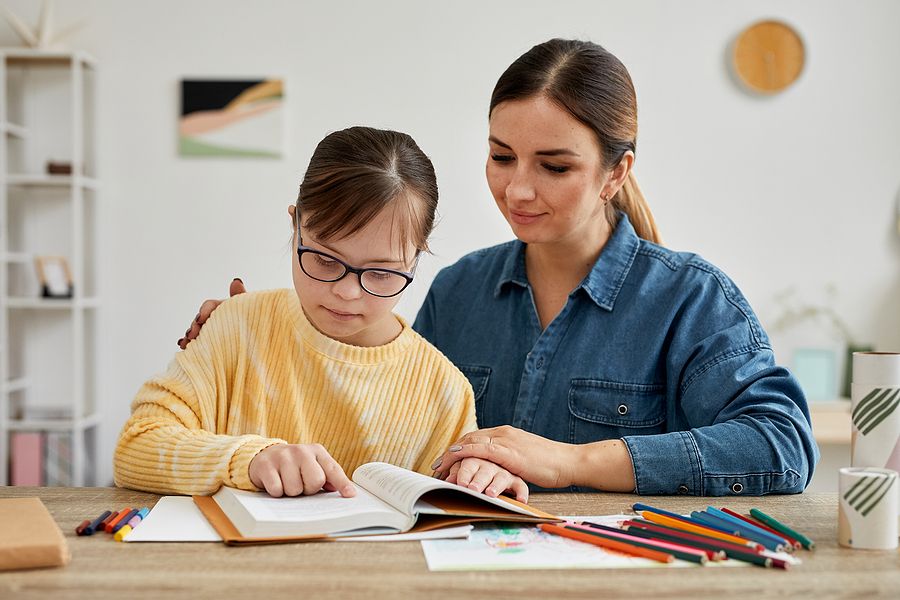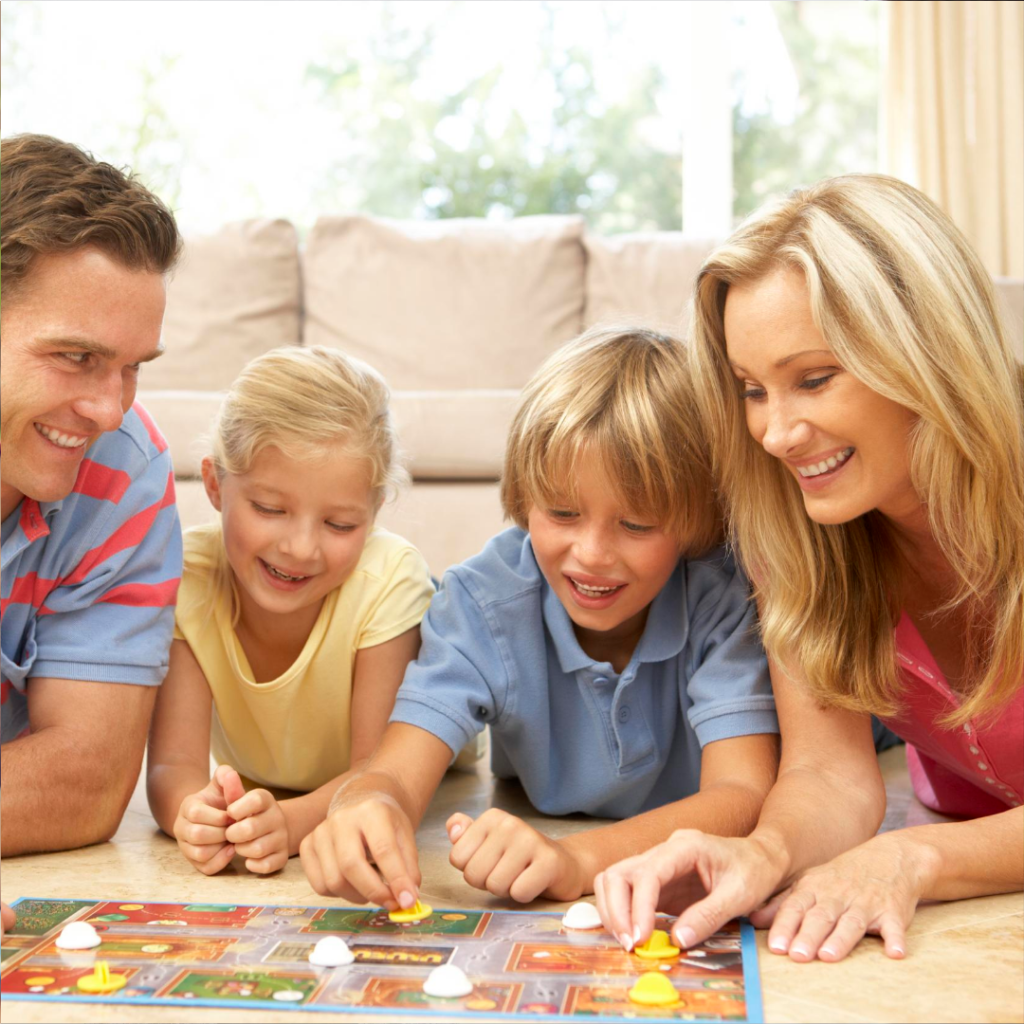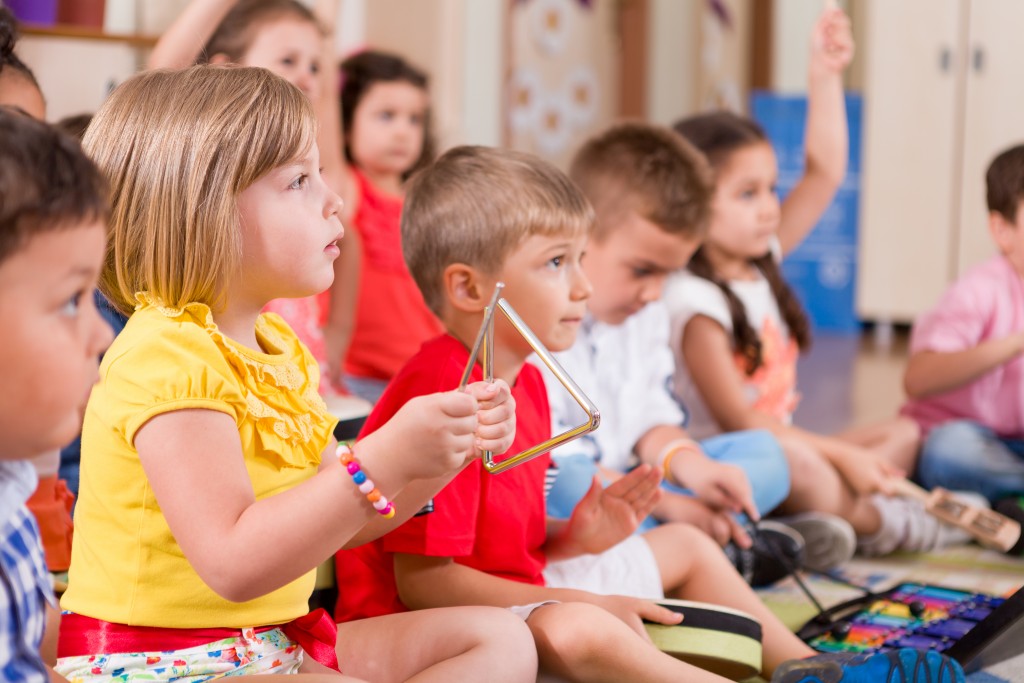What Supports Emotional Intelligence in ADHD Children?
To support emotional intelligence in ADHD children, actively involve yourself as a parent, create a nurturing environment, introduce mindfulness practices, and focus on enhancing social skills. Encourage self-awareness through mindfulness and journaling, and improve social interactions through structured activities and role-playing. Implement positive reinforcement techniques consistently and consider cognitive behavioral therapy to address emotional regulation and behaviors. These strategies work in harmony to cultivate emotional intelligence in ADHD children effectively.
Key Takeaways
- Parental involvement impacts emotional intelligence positively through support and guidance.
- Creating a supportive environment aids in emotional recognition and management for ADHD children.
- Mindfulness practices benefit emotional regulation and decrease impulsivity in ADHD individuals.
- Emotional intelligence is enhanced in ADHD children through understanding and managing emotions effectively.
- Studies show that mindfulness practices improve emotional intelligence and self-awareness in ADHD children.
Understanding ADHD Emotional Needs

To effectively support emotional intelligence in ADHD children, it’s essential to first understand their specific emotional needs. Parental involvement plays a vital role in helping these children navigate their emotions. Research indicates that parents who are actively engaged in their child’s emotional development can greatly impact their emotional intelligence. By providing a supportive and understanding environment, parents can help ADHD children recognize and manage their feelings effectively.
In addition to parental involvement, incorporating mindfulness practices can also aid in addressing the emotional needs of children with ADHD. Mindfulness practices, such as deep breathing exercises and guided imagery, can help these children regulate their emotions and improve their focus. Studies have shown that mindfulness can enhance emotional self-regulation and decrease impulsivity in children with ADHD.
Building Self-Awareness Skills
Understanding the emotional needs of children with ADHD lays the groundwork for developing their self-awareness skills. Building self-awareness in children with ADHD involves incorporating mindfulness practices, journaling exercises, emotion tracking, and self-reflection strategies into their daily routines.
Mindfulness practice can help ADHD children become more aware of their thoughts and emotions in the present moment, fostering a deeper understanding of themselves. Encouraging journaling exercises allows them to express their feelings and thoughts, aiding in recognizing patterns in their emotions and behaviors.
Emotion tracking involves identifying triggers and responses to different situations, enhancing their ability to regulate emotions. Self-reflection strategies prompt ADHD children to analyze their actions and emotions, leading to increased self-awareness and better emotional regulation.
Enhancing Social Skills Development

Incorporating targeted strategies can greatly enhance social skills development in children with ADHD. Social interaction plays an important role in a child’s development, and for children with ADHD, it can present particular challenges.
To support their social skills growth, encouraging positive social interactions is essential. Providing opportunities for structured social activities can help them practice communication, sharing, and turn-taking.
Friendship building is another significant aspect of enhancing social skills in children with ADHD. Teaching them how to initiate conversations, maintain eye contact, and interpret social cues can foster more meaningful connections with their peers. Role-playing scenarios or social scripts can be effective tools in teaching appropriate social behaviors.
Research indicates that social skills training programs tailored to the specific needs of children with ADHD can lead to significant improvements in their social interactions. By creating a supportive environment that encourages positive social interactions and offering targeted interventions, children with ADHD can develop the social skills necessary for building lasting friendships.
Implementing Positive Reinforcement Techniques
Utilizing positive reinforcement techniques can effectively enhance behavior management in children with ADHD, promoting the development of desired social skills and behaviors. Behavior modification strategies such as praise, rewards, and token systems have shown to be particularly beneficial in encouraging positive behaviors and discouraging negative ones in children with ADHD.
By consistently rewarding desired behaviors, children learn to associate those behaviors with positive outcomes, leading to increased likelihood of repetition.
Parental involvement plays an essential role in the success of implementing positive reinforcement techniques. Parents who actively participate in setting up and maintaining reinforcement systems at home provide a consistent environment for the child. This consistency helps reinforce the desired behaviors across different settings, leading to more significant behavior improvements.
Research suggests that combining positive reinforcement techniques with clear communication and structure can further enhance their effectiveness in behavior modification for children with ADHD. By working closely with parents and caregivers to establish and maintain these strategies, positive reinforcement can play an important role in promoting the development of essential social skills and behaviors in children with ADHD.
Utilizing Cognitive Behavioral Therapy

Cognitive Behavioral Therapy (CBT) offers a structured and evidence-based approach to addressing emotional regulation and behavioral challenges in children with ADHD. Through CBT, therapeutic techniques are utilized to help children recognize and modify negative thought patterns and behaviors. This form of therapy focuses on behavior modification by teaching individuals how to identify triggers, understand consequences, and develop coping strategies.
CBT involves practical strategies that can be applied in real-life situations. By working with a trained therapist, children with ADHD can learn to manage impulsive behaviors, regulate emotions, and improve social interactions. Through CBT, individuals are encouraged to challenge irrational beliefs, practice relaxation techniques, and enhance problem-solving skills.
Research has shown that CBT can be effective in improving emotional intelligence and reducing behavioral difficulties in children with ADHD. By incorporating behavior modification techniques into therapy sessions, children can develop a deeper understanding of their emotions and learn how to navigate challenging situations more effectively.
Creating Supportive Home Environments
Establishing a supportive home environment is essential for fostering emotional intelligence and well-being in children with ADHD. Consistent routines play a pivotal role in providing structure and predictability, which are particularly beneficial for children with ADHD. By establishing regular meal times, bedtime routines, and designated study periods, you can help your child feel secure and better equipped to manage their emotions.
Safe spaces within the home are equally important. Designate a quiet area where your child can retreat when feeling overwhelmed or overstimulated. This space should be free of distractions and equipped with comforting items like soft pillows or favorite toys. Encourage your child to use this space whenever they need a moment to calm down and regroup.
Additionally, creating a supportive home environment involves open communication and understanding. Encourage your child to express their feelings and thoughts without judgment. By fostering a safe and accepting atmosphere at home, you can help your child develop emotional awareness and regulation skills that are essential for their well-being.
Frequently Asked Questions
How Can Mindfulness Practices Benefit Emotional Intelligence in ADHD Children?
Engaging in mindfulness practices can greatly benefit emotional regulation in ADHD children. Research shows that mindfulness benefits include improved focus, self-awareness, and stress management, leading to enhanced emotional intelligence and overall well-being.
What Role Does Exercise Play in Supporting Emotional Intelligence in ADHD Children?
Engaging in outdoor play and cognitive therapy can enhance emotional intelligence in ADHD children. Nutrition and mindfulness exercises also play vital roles. These activities help regulate emotions, improve focus, and boost self-awareness, leading to better emotional control.
Can Music Therapy Help Enhance Self-Awareness Skills in ADHD Children?
Music therapy can indeed enhance self-awareness skills in ADHD children. Through art therapy, self-expression is encouraged, aiding in emotional intelligence development. Additionally, nature walks promote mindfulness, providing opportunities for reflection and growth in emotional understanding.
Are There Specific Activities That Can Improve Social Skills in ADHD Children?
Engaging in art therapy can boost social skills in ADHD children. Outdoor activities like team building exercises also help improve interactions. These activities encourage socialization and teamwork, fostering emotional intelligence and enhancing overall well-being.
How Can Parents Balance Positive Reinforcement With Discipline for ADHD Children?
When guiding your child with ADHD, balance positive reinforcement and discipline by setting consistent boundaries. Use behavior management strategies that focus on clear expectations and consequences. Your approach will help foster emotional intelligence and self-regulation.
Conclusion
To sum up, supporting emotional intelligence in children with ADHD involves recognizing their unique needs, developing self-awareness and social skills, using positive reinforcement, and implementing cognitive behavioral therapy.
By creating a supportive home environment and utilizing these strategies, caregivers and educators can help ADHD children navigate their emotions effectively.
Research shows that with the right interventions and support, children with ADHD can develop strong emotional intelligence skills to thrive in various aspects of their lives.

Hey there! 👋 I’m a proud mom and passionate writer, sharing my parenting journey. 📝 Join me as I navigate the ups and downs of motherhood, offering tips, advice, and a sprinkle of humor along the way. 🌟







